Firms advised to improve themselves to overcome trade barriers
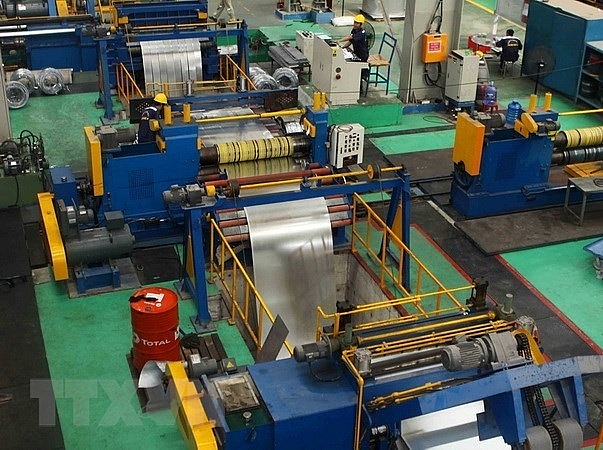 |
| Producing zinc-coated steel sheets at a factory of Hoa Sen Group in Nghe An province (Photo: VNA) |
Chu Thang Trung, Deputy Director of the Trade Remedies Authority of Vietnam (TRAV) under the Ministry of Industry and Trade (MoIT), said with growing global trade liberalisation, traditional trade barriers like tariffs are gradually removed, commitments to more open markets are promoted while bilateral and multilateral free trade agreements increase.
This is why more trade remedies are being used by countries as a legal tool to raise import tariffs and protect domestic production, he said.
He noted that there have been 132 trade remedy cases against Vietnamese exports so far. They include 25 cases launched by the US, 20 by Turkey and 15 by India. Meanwhile, 78 of them are antidumping cases, 12 subsidies and countervailing measures, 17 anti-circumvention cases and 25 are safeguard cases.
Steel products are most vulnerable to trade remedies as they are involved in almost half of the antidumping cases and 75 percent of countervailing cases. They are followed by fibre and agro-fishery products.
TRAV statistics show that as of May 2018, more than 400 antidumping and countervailing duty orders of the US Department of Commerce (DoC), 10 involving Vietnam, had took effect.
Additionally, Vietnam is currently subject to 17 anti-circumvention cases of other countries. Sixteen of these cases were launched over the products allegedly originating in China.
Recently, the DoC ruled that corrosion-resistant steel (CORE) and certain cold-rolled steel flat products (CRS) imported from Vietnam produced from substrate originating in China are circumventing antidumping and countervailing duty orders on CORE and CRS imported from China.
On June 12, the US received a request for investigation into the antidumping and countervailing duty circumvention of Vietnamese CORE, suspected of evading duties on similar products from Taiwan (China) and the Republic of Korea, and CRS with suspected circumvention of duties on similar products from the Republic of Korea.
Australia also started an antidumping probe into imports of steel wire rod in coil form from Vietnam.
Deputy Director of the MoIT’s Export-Import Department Tran Thanh Hai said slow recognition of the country’s market economy status is the main thing exposing Vietnamese businesses to trade barriers.
Only 69 countries have recognised Vietnam’s market economy so far. However, major importers such as the US, the EU, Canada, Brazil and Turkey haven’t done this, so they have different dumping margin calculation methods, considerably impacting Vietnamese firms, he added.
Some business associations said the media in foreign markets have continually reported on import origin fraud, so they suspected that a large volume of items from other countries had been moved to Vietnam to falsify origin of goods to take advantage of preferential tariffs on Vietnamese commodities.
James Maeder, Acting Deputy Assistant Secretary for Antidumping and Countervailing Duty Operations at the DOC’s Enforcement and Compliance, said in many trade remedy cases, exporting companies successfully proved their innocence and were not subject to duties.
Therefore, exporters should have a good grasp of legal regulations in the countries initiating probes and comply with procedures in those countries, he said.
Tran Thanh Hai noted the launch of investigations on Vietnamese goods by a country may lead to similar actions regarding the same imports from Vietnam by other countries.
MoIT Deputy Minister Tran Quoc Khanh said to minimise the risk of being sued and raise their chances of success in trade remedy cases, businesses should equip themselves with knowledge about relevant regulations and contact associations and State agencies to learn about export markets.
He also recommended domestic firms enhance relations with foreign partners whose interests will also be affected if trade remedy cases are initiated, diversify markets and products and compete using high quality and good trademarks instead of low prices.
Additionally, they should cooperate with investigation agencies and work together to respond to trade remedy cases, Khanh added.
What the stars mean:
★ Poor ★ ★ Promising ★★★ Good ★★★★ Very good ★★★★★ Exceptional
 Tag:
Tag:
Related Contents
Latest News
More News
- MB aiming for 30 million customers by end of year (April 22, 2024 | 17:43)
- Vietnam central bank postpones gold bar auction (April 22, 2024 | 15:27)
- Freshfields promotes Eric Johnson to international partnership in Hanoi (April 22, 2024 | 08:00)
- Vietnam asks Apple to make it global production base (April 16, 2024 | 16:11)
- Experts give insight into Vietnam's retail sector (April 16, 2024 | 09:00)
- Amendments to gold regulations on agenda (April 12, 2024 | 16:10)
- PV Power secures $300 million loan to fund LNG plants (April 10, 2024 | 17:06)
- Wartsila CEO explores outlook of Vietnam's energy transition (April 10, 2024 | 15:22)
- Driving dual transformation (April 09, 2024 | 17:05)
- Development highlights in Q1 through expert’s lenses (April 08, 2024 | 16:48)



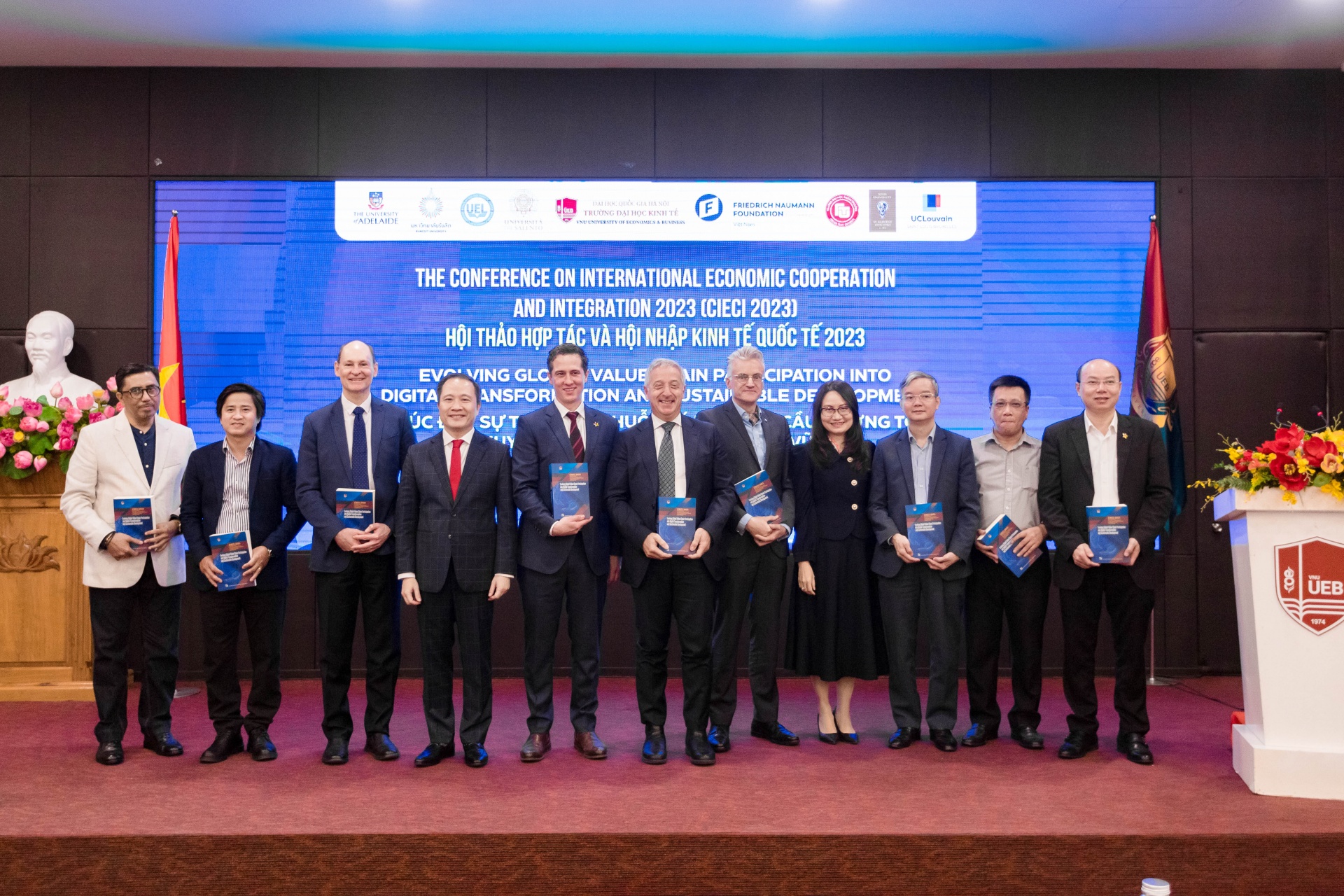
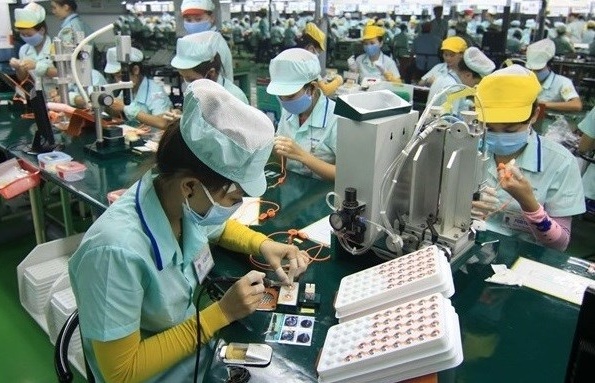
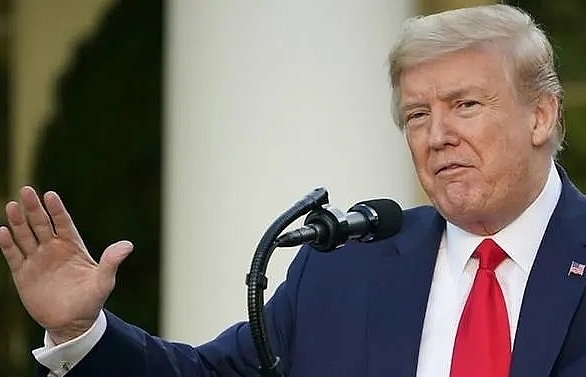

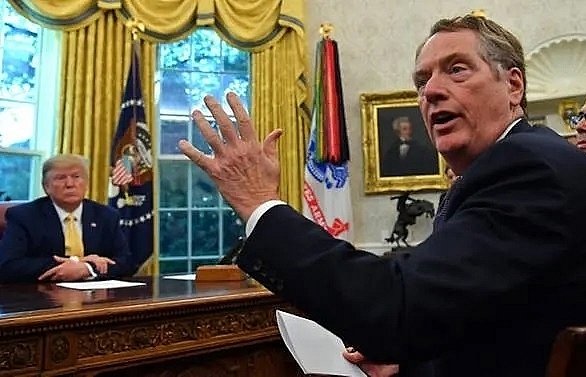
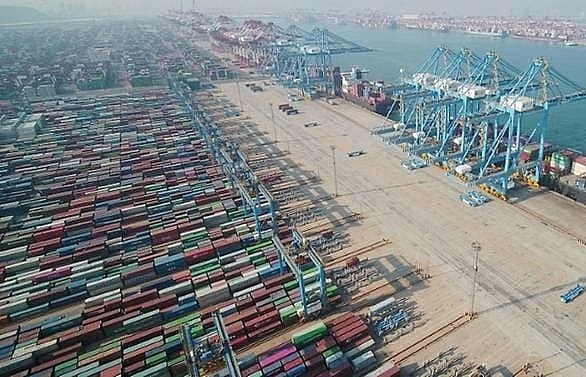
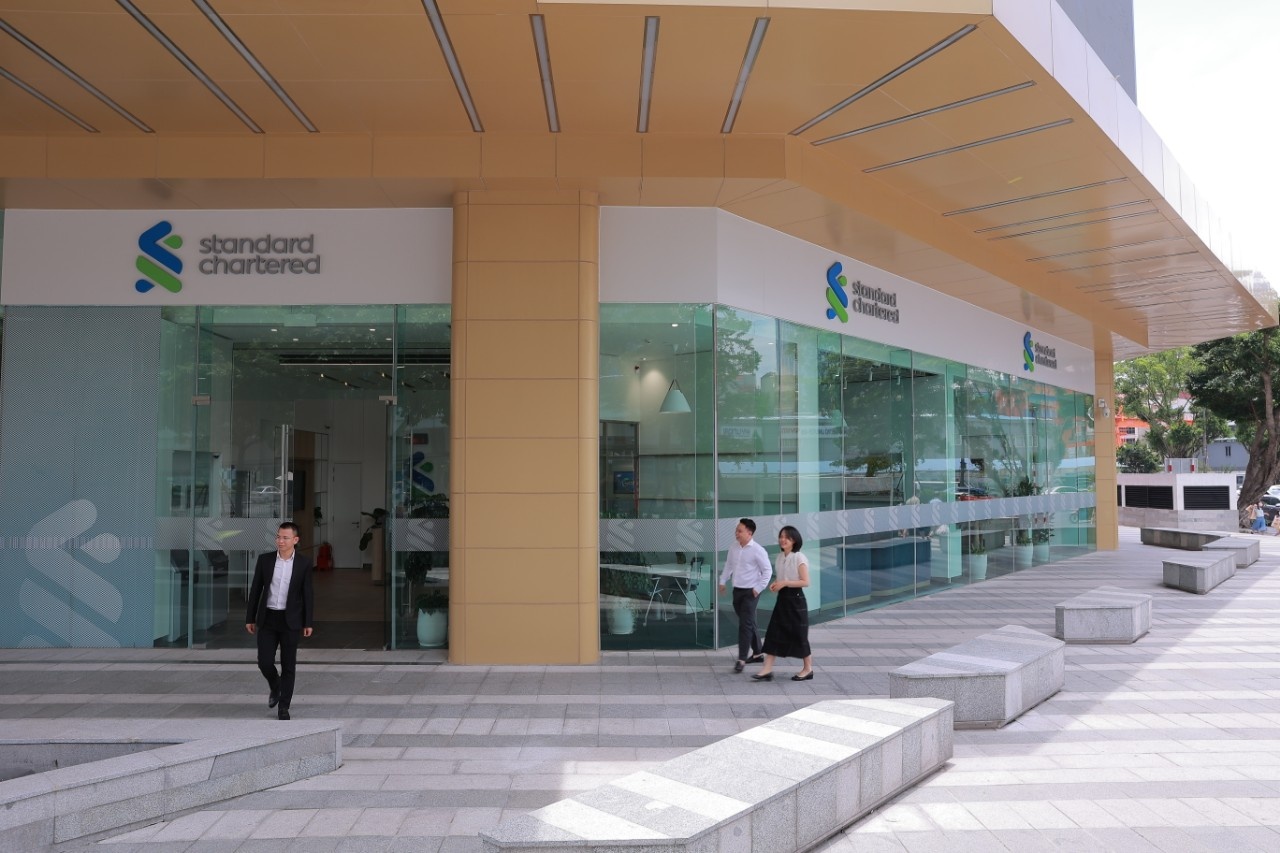



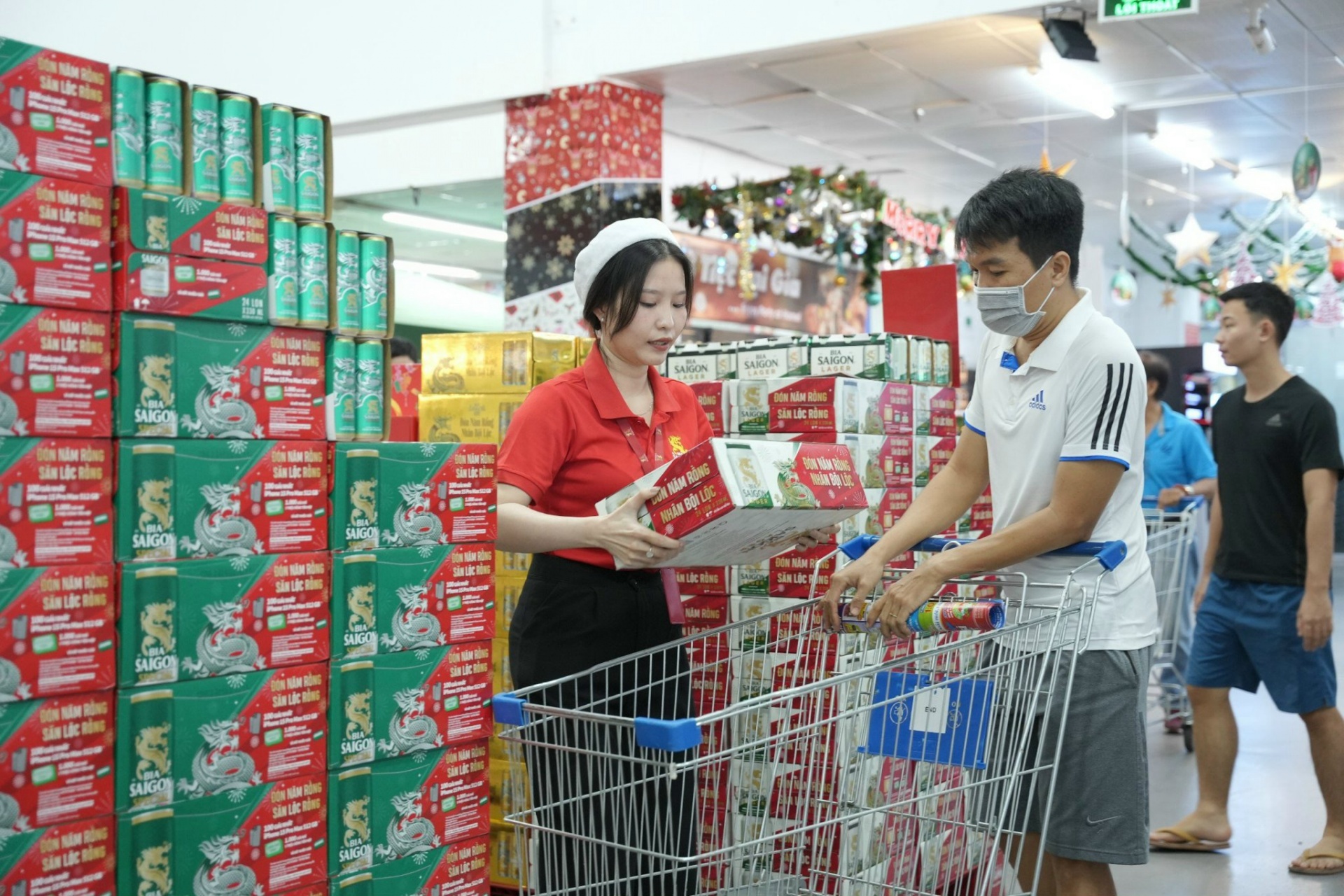



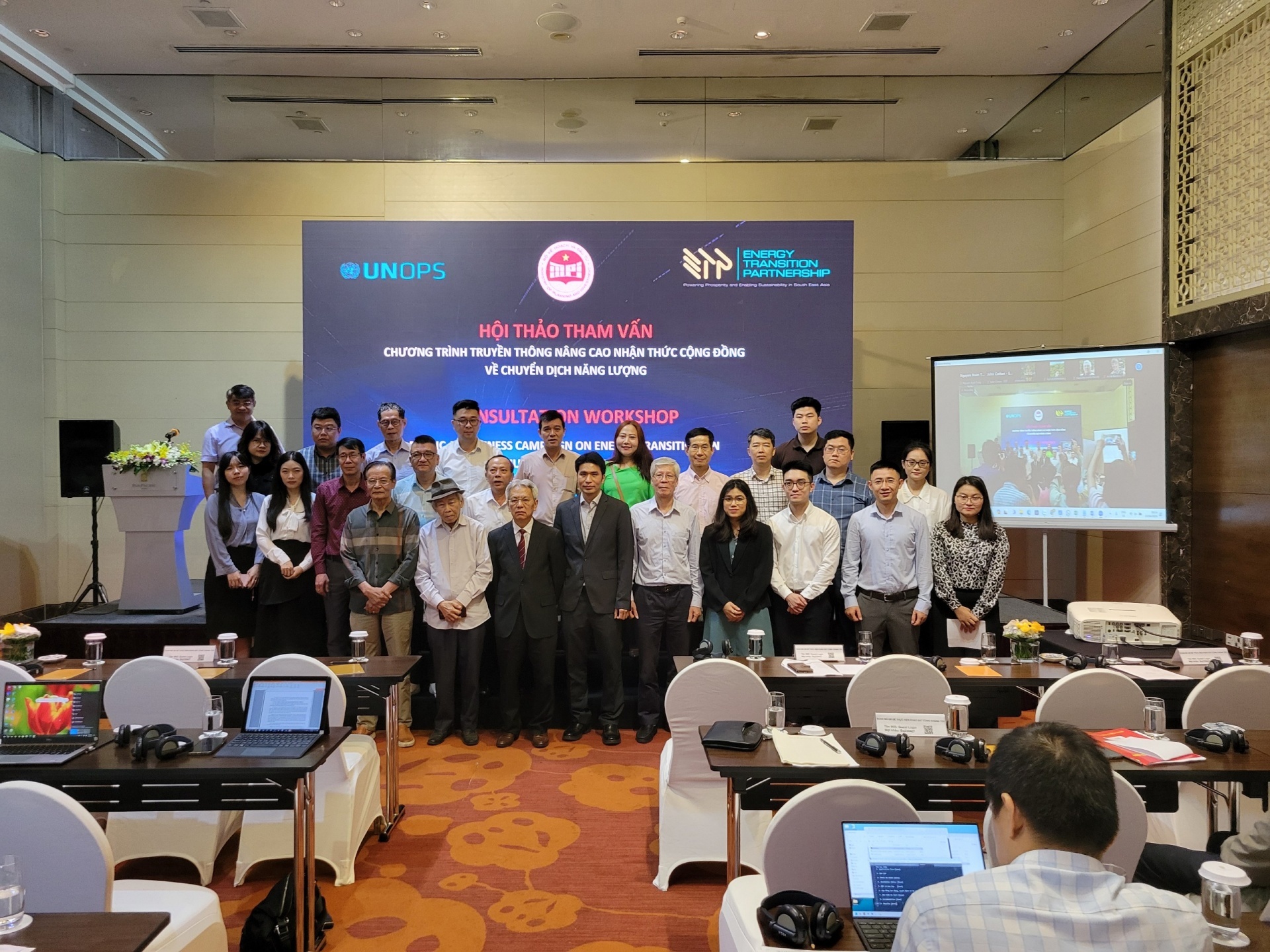
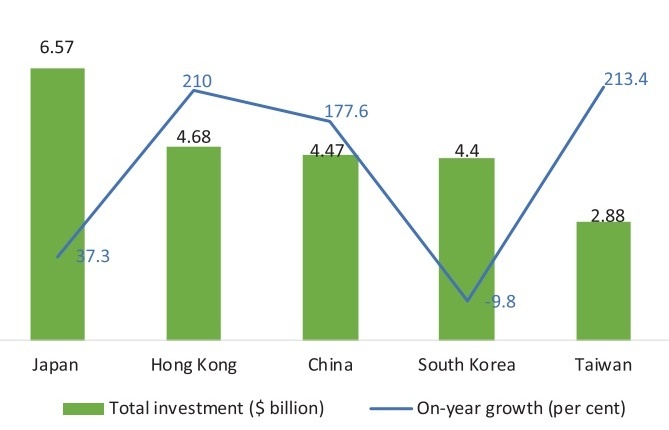

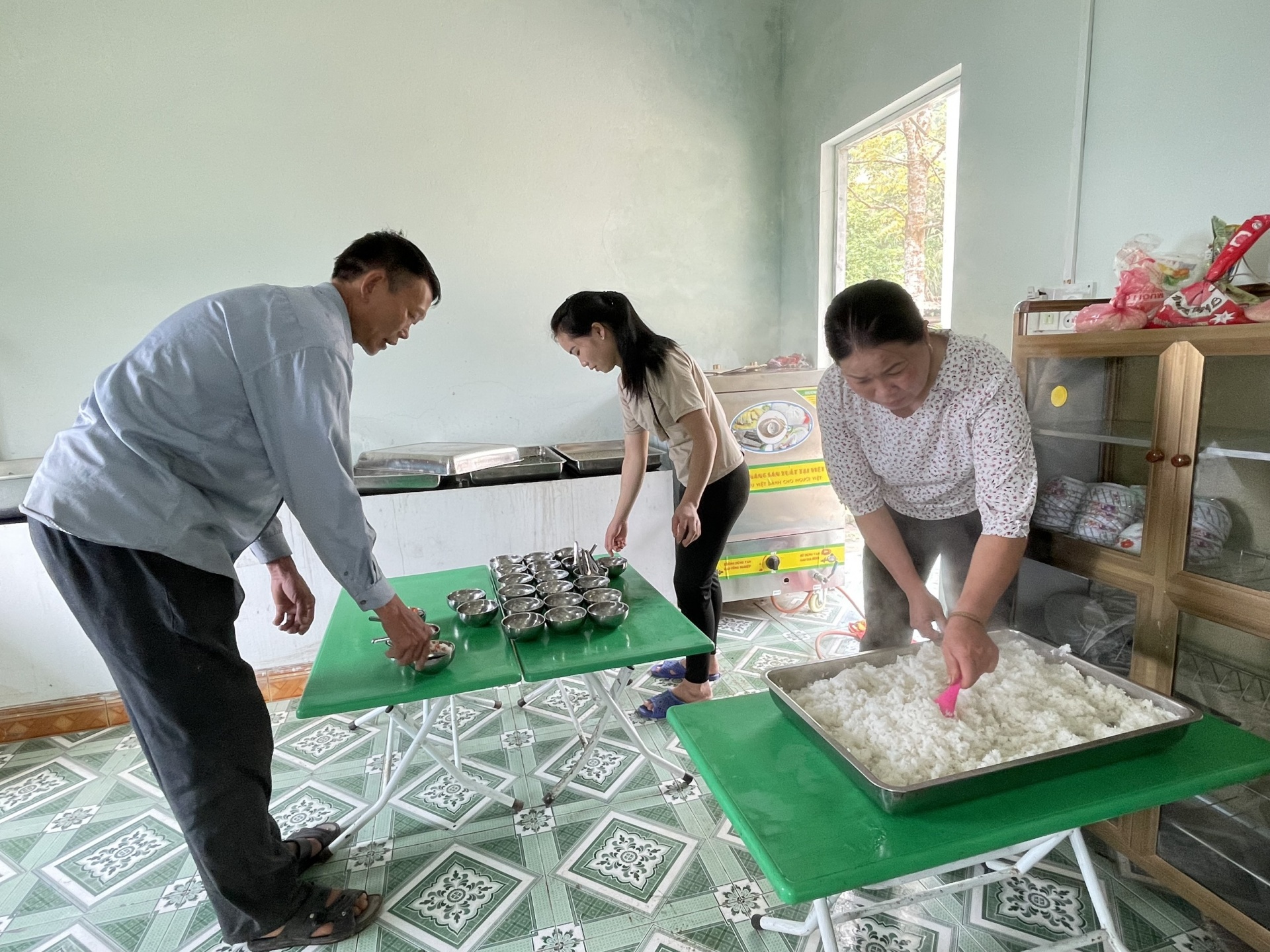



 Mobile Version
Mobile Version